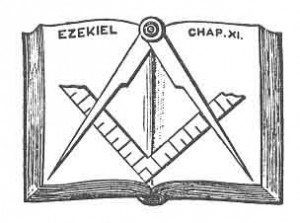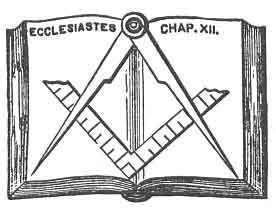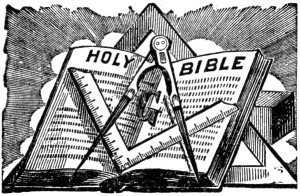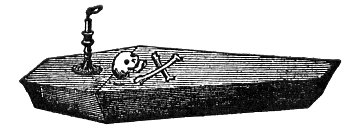In the World of Creation, which is that of Second Causes [the Kabalistic World BRIAH], the Autocracy of the First Principle is complete, but we conceive of it only as the Cause of the Second Causes. Here it is manifested by the Binary, and is the Creative Principle passive. Finally: in the third world, YEZIRAH, or of Formation, it is revealed in the perfect Form, the Form of Forms, the World, the Supreme Beauty and Excellence, the Created Perfection. Thus the Principle is at once the First, the Second, and the Third, since it is All in All, the Centre and Cause of all. It is not the genius of Plato that we here admire. We recognize only the exact knowledge of the Initiate.
The great Apostle Saint John did not borrow from the philosophy of Plato the opening of his Gospel. Plato, on the contrary,
p. 100
drank at the same springs with Saint John and Philo; and John in the opening verses of his paraphrase, states the first principles of a dogma common to many schools, but in language especially belonging to Philo, whom it is evident he had read. The philosophy of Plato, the greatest of human Revealers, could yearn toward the Word made man; the Gospel alone could give him to the world.
Doubt, in presence of Being and its harmonies; skepticism, in the face of the eternal mathematics and the immutable laws of Life which make the Divinity present and visible everywhere, as the Human is known and visible by its utterances of word and act,–is this not the most foolish of superstitions, and the most inexcusable as well as the most dangerous of all credulities? Thought, we know, is not a result or consequence of the organization of matter, of the chemical or other action or reaction of its particles, like effervescence and gaseous explosions. On the contrary, the fact that Thought is manifested and realized in act human or act divine, proves the existence of an Entity, or Unity, that thinks. And the Universe is the Infinite Utterance of one of an infinite number of Infinite Thoughts, which cannot but emanate from an Infinite and Thinking Source. The cause is always equal, at least, to the effect; and matter cannot think, nor could it cause itself, or exist without cause, nor could nothing produce either forces or things; for in void nothingness no Forces can inhere. Admit a self-existent Force, and its Intelligence, or an Intelligent cause of it is admitted, and at once GOD IS.
The Hebrew allegory of the Fall of Man, which is but a special variation of a universal legend, symbolizes one of the grandest and most universal allegories of science.
Moral Evil is Falsehood in actions; as Falsehood is Crime in words.
Injustice is the essence of Falsehood; and every false word is an injustice.
Injustice is the death of the Moral Being, as Falsehood is the poison of the Intelligence.
The perception of the Light is the dawn of the Eternal Life, in Being. The Word of God, which creates the Light, seems to be uttered by every Intelligence that can take cognizance of Forms and will look. “Let the Light BE! The Light, in fact, exists, in its condition of splendor, for those eyes alone that gaze at it; and the Soul, amorous of the spectacle of the beauties of the Universe,
p. 101
and applying its attention to that luminous writing of the Infinite Book, which is called “The Visible,” seems to utter, as God did on the dawn of the first day, that sublime and creative word, “BE! LIGHT!”
It is not beyond the tomb, but in life itself, that we are to seek for the mysteries of death. Salvation or reprobation begins here below, and the terrestrial world too has its Heaven and its Hell. Always, even here below, virtue is rewarded; always, even here below, vice is punished; and that which makes us sometimes believe in the impunity of evil-doers is that riches, those instruments of good and of evil, seem sometimes to be given them at hazard. But woe to unjust men, when they possess the key of gold! It opens, for them, only the gate of the tomb and of Hell.

Moe is the founder of GnosticWarrior.com. He is a father, husband, author, martial arts black belt, and an expert in Gnosticism, the occult, and esotericism.








